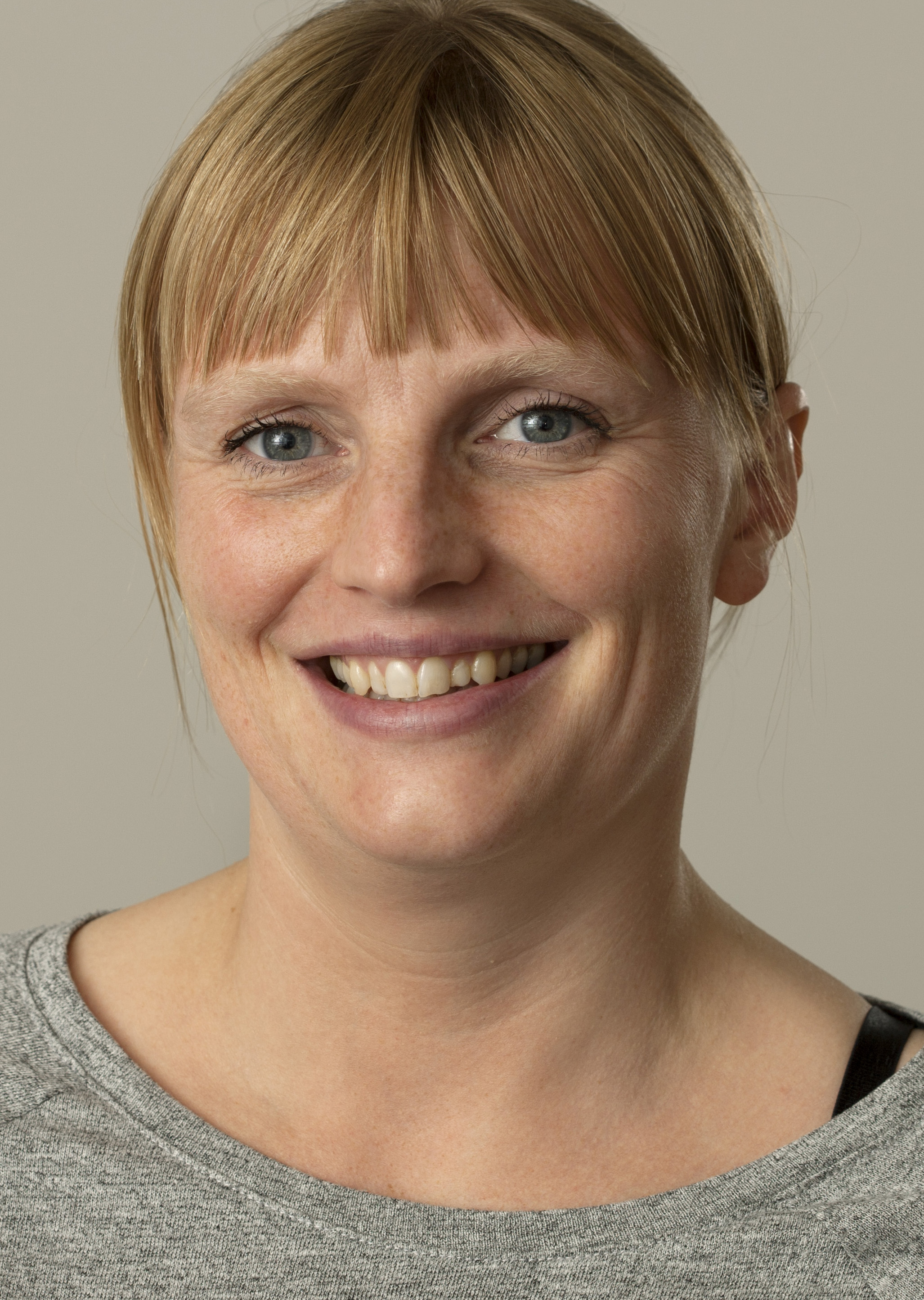
Vibeke Fosse
Master of Companion Animal Clinical Science (Oncology) from University of Copenhagen, 2019.
Bachelor of Veterinary Medicine (B.Vet.Med.) from University of London, 2003.
Veterinary oncologist at Gården Dyreklinikk in Bergen and researcher at the University of Bergen.
Making veterinary clinics ready for the future
Changing work procedures
Initially Vibeke’s boss suggested the Master programme to Vibeke because the animal hospital where Vibeke works needs veterinarians with more specialist skills, for instance in oncology:
” From my management’s point of view, oncology cases are increasing in the veterinary practice – more owners are willing to pay for the treatment of these animals and therefore skills are required in this area. I personally find oncology interesting because it combines soft tissue surgery with diagnostic imaging, clinical pathology and internal medicine and it is challenging to deal with patients in difficult times.”
Vibeke graduated the Master of Companion Animal Clinical Science in November 2019, and since then, she has implemented many of her new skills into her daily work routine.
“I gained a great confidence knowing that I am the only one in my local area with this specific specialisation in oncology. The master’s has been a catalyst for me changing my work into something where I can combine research and clinical work more,” she says.
Vibeke also tried to pass forward her new knowledge to her colleagues at the hospital:
“After participating in the programme, I have been an active advocate of problem oriented medical records at my practice. I will continue to urge my colleagues to use it further. It greatly helps with communication between everyone in the practice,” she says.
There is still time for work and family
Vibeke found that the time she spent on the programme was carefully organized, so it did not interfere too much with her daily life.
“I feel the programme is suitable for people who work. There is not that much time away from the practice. Two weeks a year is durable. It is the same with the examination where we have a fair amount of time for preparation. What appeals to me mostly is that is very structured, you are guided through what you have to do. It allows you to plan your studies around your life,” she says.
Vibeke also greatly appreciated the people she met during the programme.
“I have made close friends and great new colleagues who I frequently contact for advice and to exchange experiences. In the specialisation tracks, it is a real plus that you find a group of colleagues with the same interests and specialisation as yourself,” she says.
Academic programme related to the veterinarian practice
Vibeke believes the Master programme has a high academic standard:
“I have been really happy with the quality of the course. I was impressed with the staff at the university, and the fact that they brought in external professors from the US and around Europe was great. The practical sessions too, were great. It is a practical field after all, so it is great that they emphasized the practical skills,” she says.
Overall, Vibeke has been pleased with the programme and gladly recommends it to future students:
“This programme gives you helpful tools in day to day life in your practice. It is not just an academic programme, it is related to practice. It is especially a good programme for anyone wishing to improve their approach to their patients. It is not just knowledge and skills but also how you do a better job, it is to improve the diagnostic process, to prevent you from making mistakes and jump to conclusions.”
Interview from June 2020.
